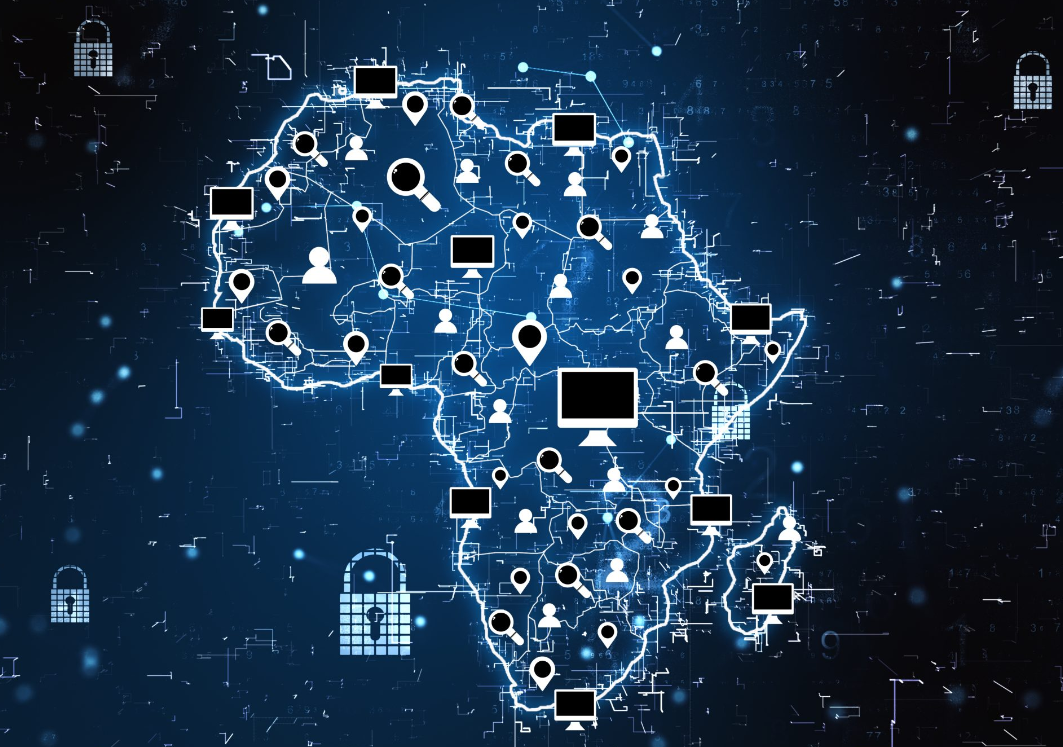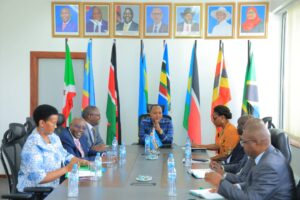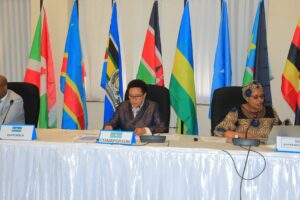
A Balancing Act between cybersecurity and data flow to liberalize information flow in cross-border trade across Africa.
Cross-Border data flow in Africa
The African Continental Free Trade Area (AfCFTA) combined 54 countries to trade beyond and beyond their boundaries and to create the idea of economic unity. Even though official trading commenced in 2021, there are still ongoing negotiations on several outstanding protocols with the Digital Trade Protocol being one among them. With the growth of the digital era, Africa has decided to transform its trading ways to a digitalized approach for ease of doing business through vast ways like exchanging digital data across states and continents.
As much as the quantity of cross-border data flows increases, concerns have erupted on the national security risks and privacy of citizens. Pioneered by the government’s interests, the situation has led to the escalation of cybersecurity and data protection regulations many of which have restricted data transfer among countries. It has also led to a rising number of trade agreements that include provisions restricting cross-border data flows between their members subject to privacy and security exemptions. South Africa for instance is well known as a restrictive country on data flows which makes it difficult for traders to access the internet, avoid unnecessary business costs, and become innovative through the use of digital platforms.
The value of Africa’s collective digital economy is expected to increase twice to 180 billion US Dollars by 2025. With such restrictions in place, such expectations may be impossible to reach. Therefore, there needs to be a change in how data flow restriction is handled by states and push forward for economic progression.
Properly handling cross-border data flows
There is an urgency for countries to impose state-level cybersecurity policies on protecting traditional national security domains. Many African governments purposely safeguard certain digital data elements, such as information relating to defense, intelligence, and diplomatic activities that must be stored within the country. By creating such policies, sensitive state information will not be vulnerable to digital disruption. Separating government information and leaving out unharmful personal data gives a chance for business men to transfer economic details that is not considered a threat to the state’s peace and stability.
“Cyber security is of great importance but so is giving the digital economy a priority.”
It is time for states to rectifying strict national surveillance laws and data protection regulations that monitors personal data. Africa is considered as having the lowest level of digital integration which results from data protection regulations, limited cross-border data flows and digital trade. About 71% of African countries have adopted privacy and data protection frameworks which contain localization requirements or measures such as licensing, testing and registration. Amendments should be made on these frameworks to lessen the harsh conditions imposed for transmitting data and encourage businesses attempt to expand into other African markets.
State authorities should create effective implementation to the Malabo Convention. Popularly known as the African Union Convention on Cyber Security and Personal Data Protection of 2014, it acts as a binding law for parties to establish frameworks that protect and adhere to the principle of a free flow of personal data. Despite its shortcomings of failing to address how localization requirements should apply to personal data transfer between African Union (AU) states, it is undisputed that this landmark convention needs to be properly implemented to allow easy movement of data in Africa.
The World Trade Organization (WTO) should create rules that address on the issues of cross border data flows. There is legal uncertainty in the WTO Agreements that provides insufficient global regulatory framework of cross-border data flows. By creating new agreements, it will set influential ways to enable better flow of data and bind other states to do the same. Having international influence is another way to put pressure towards the African states on allowing movement of necessary personal data and speed up business growth among continents.
Internet users should take extreme precautions in their information. States must warn consumers and traders who exhaustively send and receive electronic data to be careful with the kind of information they wish to transfer. Typically, data transfer relies on ‘client-server’ model allowing data to be stored in servers like smart phones. The internet consists of many global networks with thousands of interlinked servers where data flows through them from a single request by a user. User caution is therefore necessity in ensuring personal protection from unauthorized date access.
Cyber security is of great importance but so is giving the digital economy a priority. The fast growing of such an economy has a promising benefit of creating 230 million new jobs in Africa by 2030 and thus it cannot be ignored. With all recommended above, data flow plays a tremendous role in the African trade system hence calling for the upliftment of criteria like policy setbacks to allow its free movement. This is important to tackle Africa’s persistent digital divide that threatens to impede Africans from participating in the digital economy.



